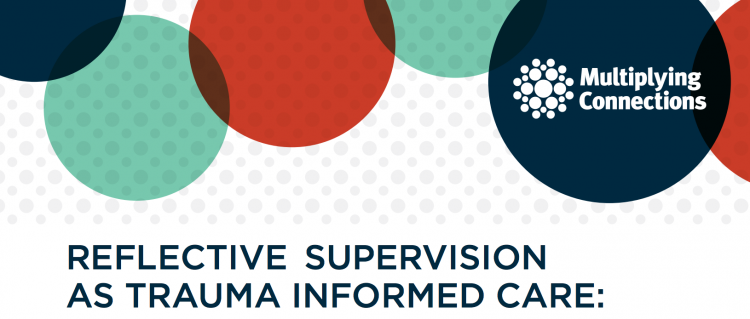
Reflective supervision is an attractive staff supervision model for TIS, because it provides a good theoretical match between the supervisor/supervisee relationship and the supervisee/consumer relationship that are critical for trauma informed practice. The validation, support, and reflection received in reflective supervision are precisely what the helping professional seeks to offer to the consumer. Although other supervision models exist, none have been systematically applied in this context. The most common alternative, administrative supervision, leaves formal supportive reflection vulnerable to competing time pressures in the best case; in the worst case, it is absent altogether or occurs only in response to crisis. Although the evidence is currently rudimentary, the potential benefits to the population child service agencies in Philadelphia serve in terms of staff retention, and improved staff training, awareness, and morale are encouraging. We recommend that child service agencies implement this model with an eye toward documenting both staff retention and costs and consumer outcomes including satisfaction.

